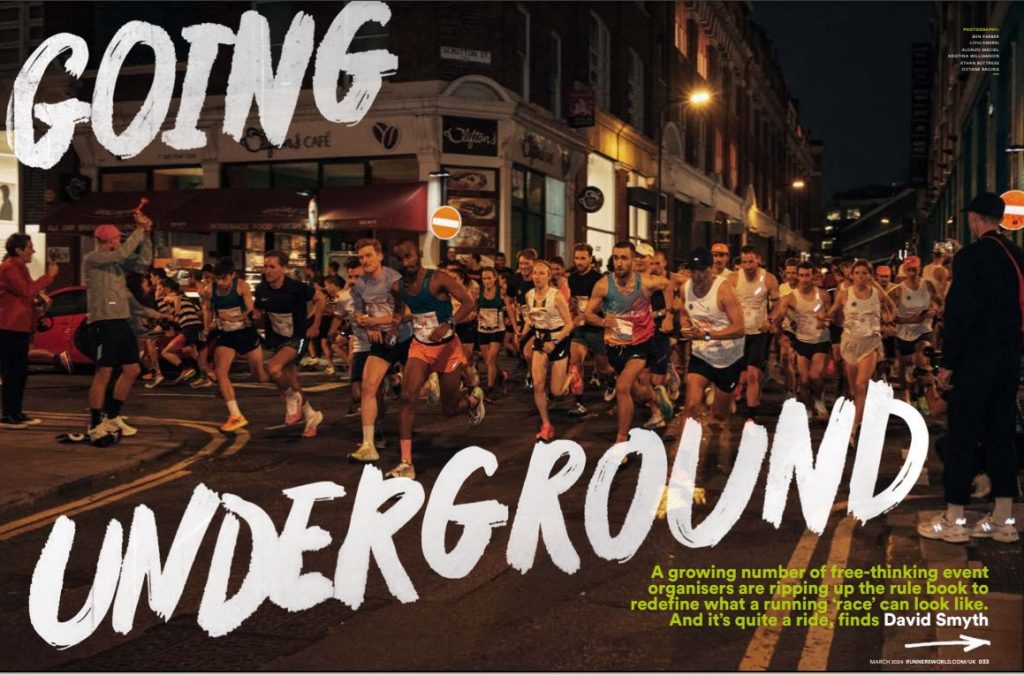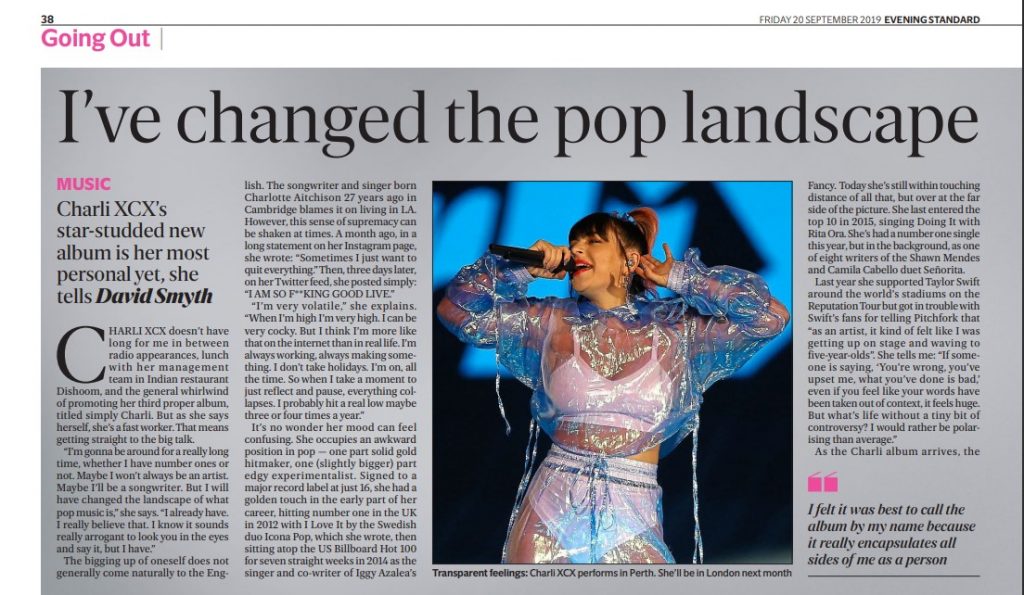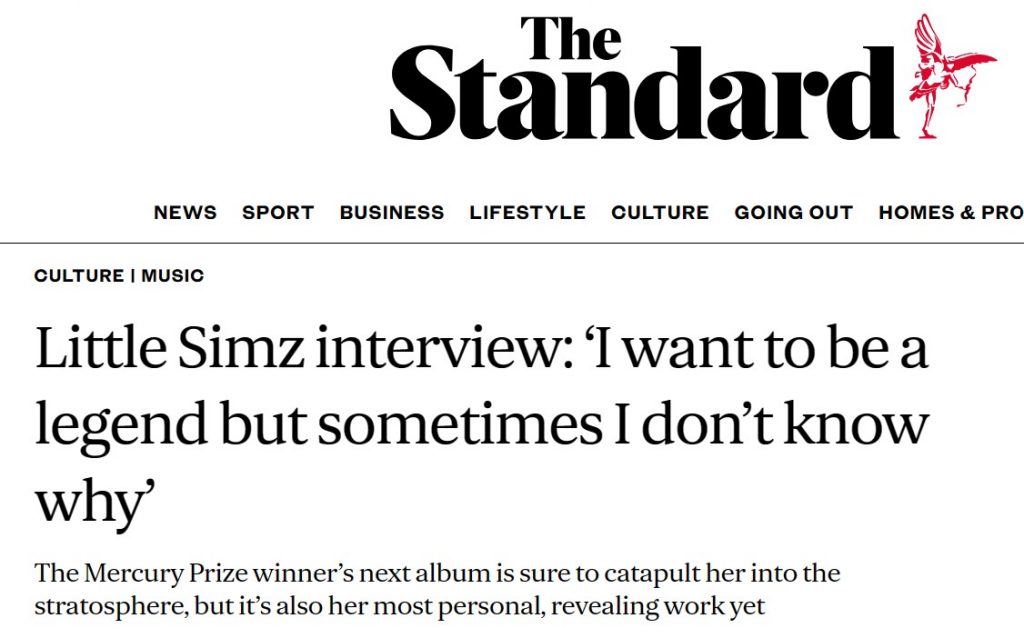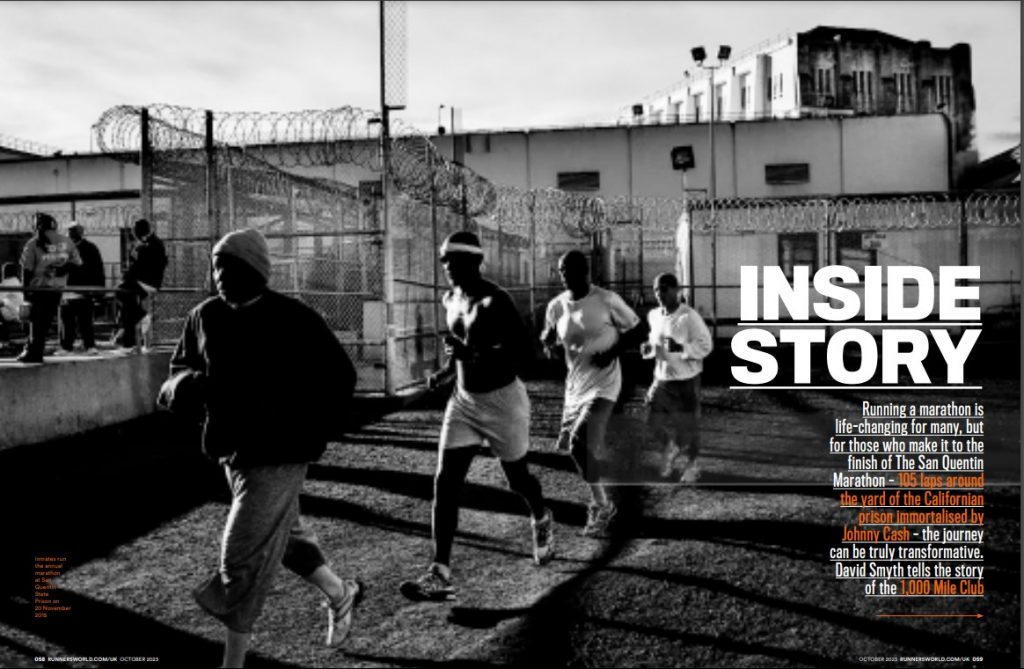Is Robert Glasper a jazz genius or an R&B softie? The Texan pianist has been straddling the two very different worlds of chin-stroking and love-making music for several years now, but it’s looking increasingly like he’s picked a side and it won’t please the jazzheads. “I wanted a younger audience. I want to get global, I want to get bigger,” he tells me. He hasn’t just crossed over — it sounds more like he’s jumped ship, and that’s rubbed a few people up the wrong way.
“I’m a musician” reads his black, rapper-style hoodie as he lumbers over to meet me in a swanky Marble Arch hotel, as though that ought to be classification enough. The 35-year-old from Houston has just woken at lunchtime, hungover after a night out during which he’d popped into Ronnie Scott’s just to watch, and then one thing led to another. “Somebody said, ‘Is that Glasper?’ so I had to get on the stage,” he says. It’s a little surprising to hear that he still has his feet firmly under the table at London’s jazz epicentre, however, because in most other respects he’s left that world behind.
It should be noted that as his interviewer, Glasper has chosen to take me, the lowly pop critic, away from Miley and Kylie duties ahead of his biggest London show yet. On his most recent albums, Black Radio and last year’s Black Radio 2, he has shifted from making complex piano trio albums to lustrous, smooth R&B, which sees him covering David Bowie and Nirvana and featuring the vocals of soul singers and rappers including Erykah Badu, Jill Scott, Common and Lupe Fiasco.
He seems much happier making this kind of music and it’s not hard to get him talking about what he feels is wrong with the jazz world. He’s complained before about being knocked off the No 1 spot by Miles Davis, 22 years dead. “When you play jazz you only reach a certain select audience and it’s the same audience every time,” he says. “It’s like a secret society. The jazz audience doesn’t get much bigger, there’s a certain point where it just stops and that’s pretty much it for the rest of your life.”
Even before he changed his sound he was never a natural fit for jazz. A late starter on the piano at 12, with a gospel-singing mother, he was educated at Houston’s High School for the Performing and Visual Arts alongside Beyoncé. “She was pretty quiet, I never really heard her sing at school,” Glasper says. Despite winning a scholarship to attend Boston’s prestigious Berklee College of Music, he then chose to study piano at the New School in New York, where he became best friends with the soul singer Bilal. Before he signed a record deal with Blue Note in 2005, the first new jazz musician on the label since Norah Jones, he was working as musical director for the rapper Mos Def.
“I could have done Black Radio years earlier. It was on the cards, but I decided to wait. Now I think I’ve proven myself musically, people respect me as a piano player, so now I can do what I want creatively. Nobody questions my ability.”
The purists may not care for the new music, however, on which the player’s formidable piano ability willingly takes a back seat to a hazy, late-night sound that’s strongly reminiscent of the neo-soul that Erykah Badu, Jill Scott and D’Angelo made popular in the late Nineties. The piano hovers in the background for atmosphere, which is fine by Glasper.
“I’ve got to be honest, I don’t necessarily have the need to solo at the moment. I’ve been doing that so hardcore for 12 years. Now it’s refreshing that I can just groove and the audience is OK with it. There’s a time for showing chops, and then there’s a time for groove. That’s the problem with a lot of musicians today — they don’t know how to sit back and chill. They think if you have it, you gotta use it — no you don’t. It’s like if I was a black belt in karate, I’m not going to go around knocking everybody out.”
In concert, he now appeases the jazz fans with 20 minutes of chop-showing at the start of the show, followed by an hour-and-a-half of real songs for everybody else. “Everybody else” is the majority of his crowd these days. “I’m getting a different type of young person now. Before it was the artsy young person coming to the jazz show. Now it’s the young girl who would normally go and see Chris Brown or Lil’ Wayne, the regular people who don’t know anything about jazz. I think when you start reaching the regular people, your music is really doing something. My goal is to be like Stevie Wonder, to make music that’s on everyone’s iPod.”
He compares his recent albums to Quincy Jones’s Back on the Block and Q’s Jook Joint, from 1989 and 1995, which featured a mixed array of guest stars including Ray Charles, Ella Fitzgerald, Ice-T and Funkmaster Flex.
He’s great company despite his tiredness, often hilarious on the problems of the jazz world (“Jazz is like this jealous ex-girlfriend — ‘Hey, where you going?’”) and happy to justify his musical choices all day. The way he speaks reminds me of Larry David’s fantastically blunt lodger Leon, played by JB Smoove, in Curb Your Enthusiasm.
When I ask him what he thinks Miles Davis would be doing if he were alive today, he says “Collaborating with me!” before I’ve got to the end of my sentence. He gripes at excessive length about how long he had to wait to be the cover star on a jazz magazine, but seems much more content in this new world.
So much so, in fact, that at the 2013 Grammys he entered Black Radio in the Best R&B Album category, rather than Best Jazz album, and won. “I had to choose one, you couldn’t do both. Only certain people in the jazz world understood Black Radio. I chose R&B because the R&B world embraced it. It was something new for them and they loved it.”
I speculate that the two albums aren’t considered jazz because of a lack of improvisation, yet he confirms that they were recorded in five and seven days respectively and largely grew out of jam sessions with the various guests. “So if I didn’t improvise, it’s not jazz? What about the hundreds of Billie Holiday tunes that have no solos in them? Where’s the line?”
For Glasper, jazz simply means freedom. “It’s supposed to be the freeest music, yet it’s the most shackled. I think jazz is more of a spirit.” His decision to use jazz as a springboard to go somewhere else might have made him a handful of enemies, but as he gazes out over a huge crowd at the Hammersmith Apollo, I doubt he’ll be dwelling on that. “I’m an outcast to a lot of people. But the fact of the matter is I don’t mind being an outcast because you’re going to respect me. You can’t say I’m not one of the top piano players. All you can say is you don’t like what I’m doing, and I’ll take that any day.”
The Robert Glasper Experiment are at Apollo Hammersmith, W6 (0843 221 0100, hammersmithapollo.net) on Wed Mar 12.











